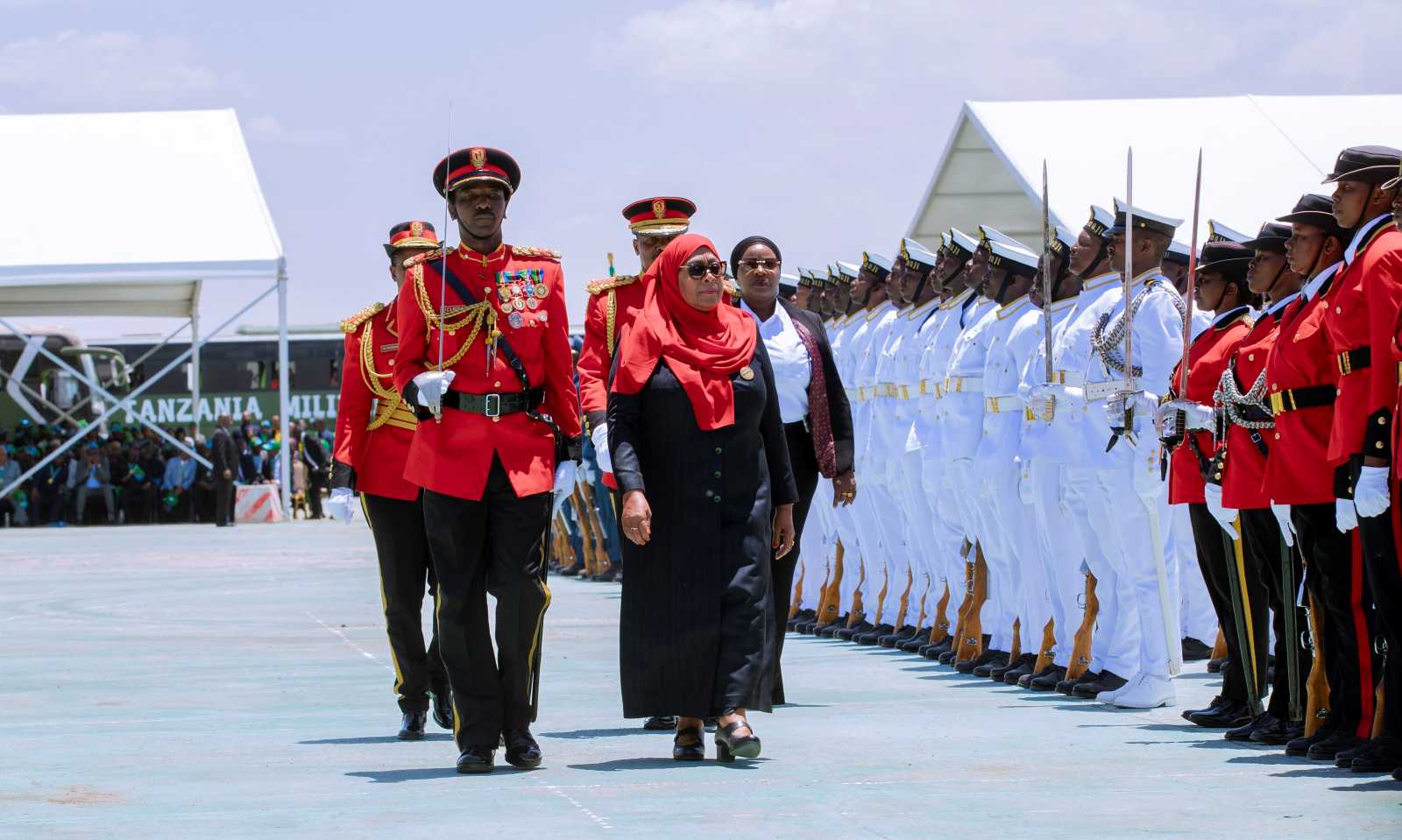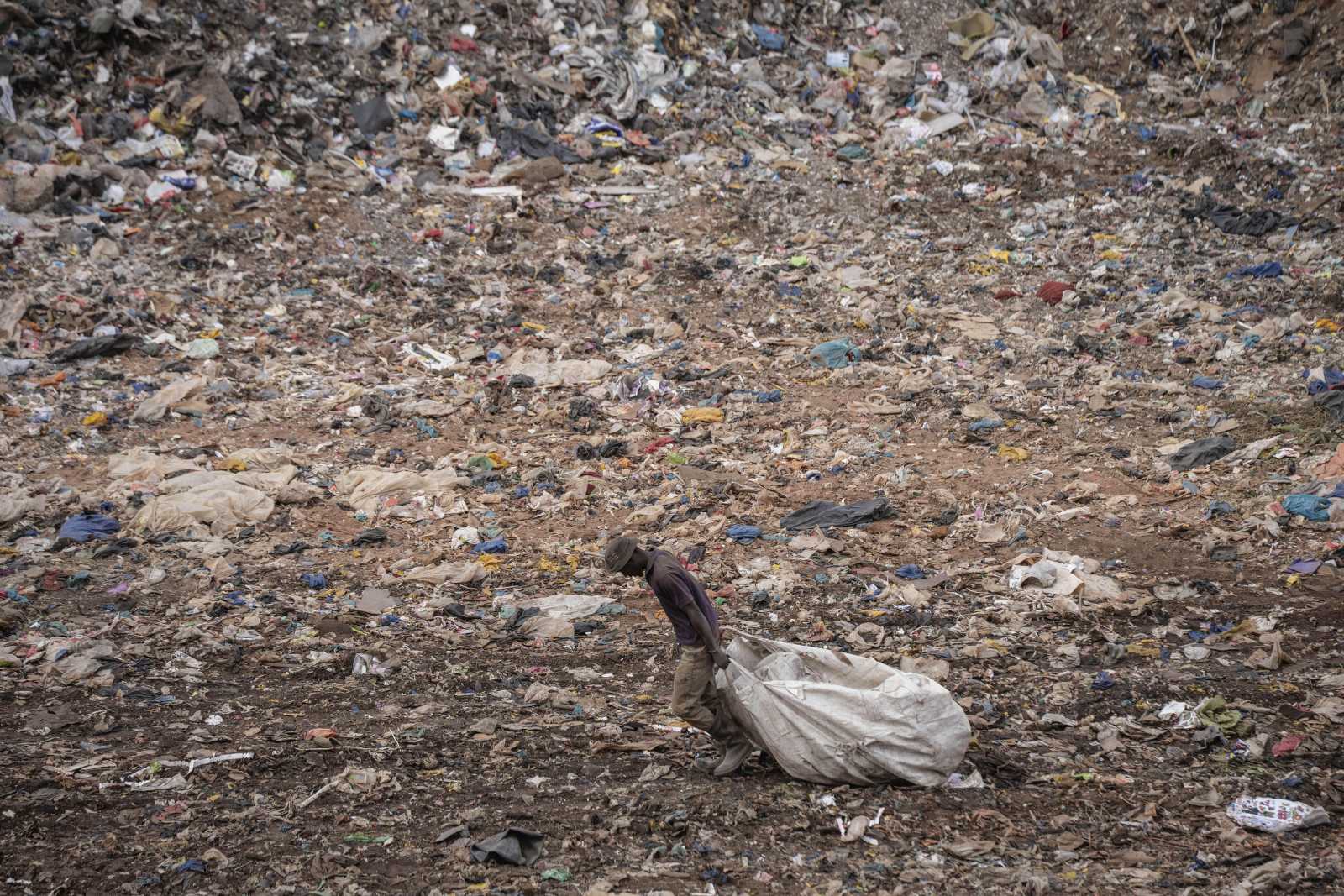Humanitarian assistance
The dilemma of neutrality
By Emily Haber
The role of neutrality of humanitarian assistance in conflicts could not be more relevant to current events: the violence in Syria and the reports of casualties and the suffering of the population there have forcefully brought home to us how crucial effective humanitarian assistance is. The conflict in Syria also strikingly illustrates the limits of humanitarian assistance: when state players hamper access to assistance and violate the fundamental rules of international humanitarian law, it becomes either impossible or very difficult to save lives and put survival measures in place. Even worse, the safety of aid personnel is disregarded or deliberately jeopardised.
Similar challenges are posed in other conflicts, for example:
– in the Sudan, where the government denies international aid workers access to the South Kordofan and Blue Nile regions,
– in Somalia, where the al-Shabab militia have expelled almost all relief organisations from the area under their control and
– in Afghanistan, where relief organisations and their staff regularly face hindrances, attacks and acts of violence.
Urgent questions
How can international humanitarian assistance nevertheless be continued for the benefit of those in need in crisis regions around the world? How can the slogan “to stay and deliver”, which was put forth by the United Nations in a study financed by the Federal Foreign Office, be implemented? How can governments actively shape foreign policy and, at the same time, provide neutral humanitarian assistance? And how can the safety of humanitarian aid workers be ensured?
The Federal Foreign Office believes it has a threefold role in humanitarian assistance: it is donor, partner and political player all in one.
As donor, it is responsible for the funds budgeted by the German Government for humanitarian assistance. When allocating these funds, it is guided by the internationally agreed Principles of Good Humanitarian Donorship. Firstly, this means that aid money has to be made available in ways that are needs-oriented, flexible and unbureaucratic. It also means supporting the lead role of the UN, for there is no alternative to the world organisation when it comes to ensuring effective international coordination. Finally, it means respecting and fostering international humanitarian law and humanitarian principles – humanity, independence, impartiality and neutrality.
Neutrality does not refer to the donor’s political position but, rather, to the way in which assistance is provided. The donor country should neither give preferential treatment to one of the parties to a conflict nor take a stand on a conflict. It is thus with good reason that the Federal Foreign Office cooperates with independent partners in implementing humanitarian assistance. There is likewise a good reason why it does not commission humanitarian projects but, rather, grants funding for measures initiated by relief organisations on the basis of their own mandate and carried out on their own responsibility.
This brings me to the second aspect of how we see our role in humanitarian aid: partnership. Since the German government does not have its own humanitarian implementing organisation – and does not want one, either –, a partnership with humanitarian organisations founded on mutual trust is particularly important. First, this is vital for quite practical reasons: in an emergency, decisions on the nature and magnitude of assistance have to be made within a few days or hours. This requires mutual trust which, in turn, can only be acquired through regular and open exchange.
However, trust and partnership are also essential for exchanging information, assessments and evaluations on conflicts where humanitarian assistance is required and which have politically sensitive aspects. The Federal Foreign Office implements this exchange through regular meetings with our German partners in the Humanitarian Aid Coordinating Committee. This platform is unique in Europe. With our international partners, such as the International Committee of the Red Cross or the United Nations, we exchange ideas periodically and on a case-by-case basis.
Let me give a concrete example taken from the context of the crisis in Syria: in mid-February, representatives of important international relief organisations and donor countries met at the Federal Foreign Office to discuss possible ways of improving humanitarian access in Syria. Naturally, this was an informal and non-binding dialogue. However, it demonstrated – and indeed was the prerequisite for – mutual understanding between relief organisations operating in the field and political donors.
That brings me to the third aspect of how we see our role in humanitarian aid: also as a political player, the Federal Foreign Office promotes assistance based on humanitarian principles and geared to local needs. In concrete conflicts, this is done bilaterally, in coordination with our EU partners or in the UN Security Council. Concrete examples of this are the persistent calls for aid agencies to be granted humanitarian access in the Sudan, support for exemptions for humanitarian assistance to be allowed under the UN sanctions against Somalia and for the inclusion of humanitarian considerations in the formulation of mandates for peacekeeping missions.
To clear up misunderstandings
However, we are always prepared to discuss and defend how neutral humanitarian assistance should be perceived and how we can ensure its acceptance. Within the UN, it is often the traditional recipients of humanitarian assistance who question principles we take for granted. Neutrality is often interpreted as support for opposition groups, independence as a violation of national sovereignty. The Federal Foreign Office therefore regularly seeks to clear up these misunderstandings and calls for humanitarian principles to be included in the relevant resolutions of the UN General Assembly and the Security Council.
However, these arguments also illustrate that the logic behind humanitarian assistance has, indeed must have, limits. Only if providers of humanitarian aid stick to their core mandate they can provide convincing grounds for its acceptance. If they set themselves goals beyond saving lives and survival measures, then they move into the spheres of development, health and human rights policy – and the assistance they provide is no longer neutral.







